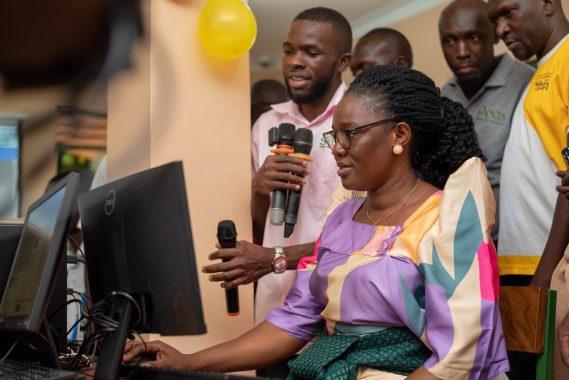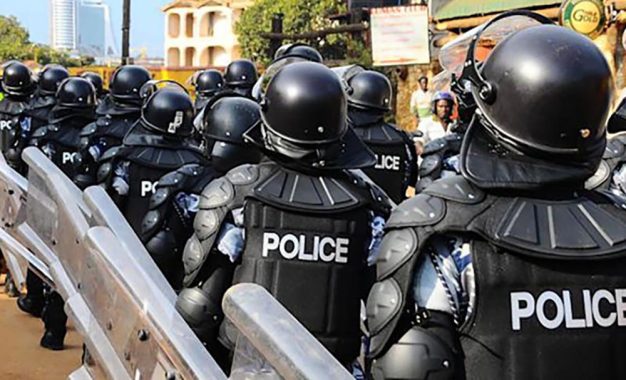Schools in Niger will start the new academic year almost a month late because of heavy rainfall and flooding, says the military government.
“Several schools have been affected, and others are being occupied by those impacted,” a government spokesperson said on the state-run broadcaster.
Authorities have pushed the start date from 2 to 28 October.
Over the last few weeks, the West African country has been battered by relentless downpours, resulting in over 300 deaths either due to drowning or buildings collapsing, according to the interior ministry.
In the central-southern city of Maradi, one of the worst hit areas, around 100 tents have been erected to accommodate people in schools.
The International Rescue Committee reported that over 800,000 people have been affected by the floods.
The organisation says countries like Niger, Mali, and Nigeria are dealing with some of the “worst floods in 30 years”.
Like other countries in the semi-arid Sahel region of West Africa, Niger is suffering from the impact of climate change. As well as floods, it has also experienced droughts and crop failures in recent years.
Scientists say many extreme weather events, including floods and drought, are becoming more frequent and intense as a result of climate change.
The military government says 9,700 tonnes of grain has been made available to those in need and that the “situation is under control”.
There is also growing concern around the damage and destruction of buildings with cultural significance.
A few weeks ago, a 19th Century mosque made from wood and straw collapsed in Zinder, the country’s second-biggest city.
There is also fear around how much damage a historic centre in the northern city of Agadez, known as the gateway to the desert, has endured. The site is a Unesco World Heritage Site.
More in Uganda – https://www.youtube.com/watch?v=q7V3-y5-7XE



















